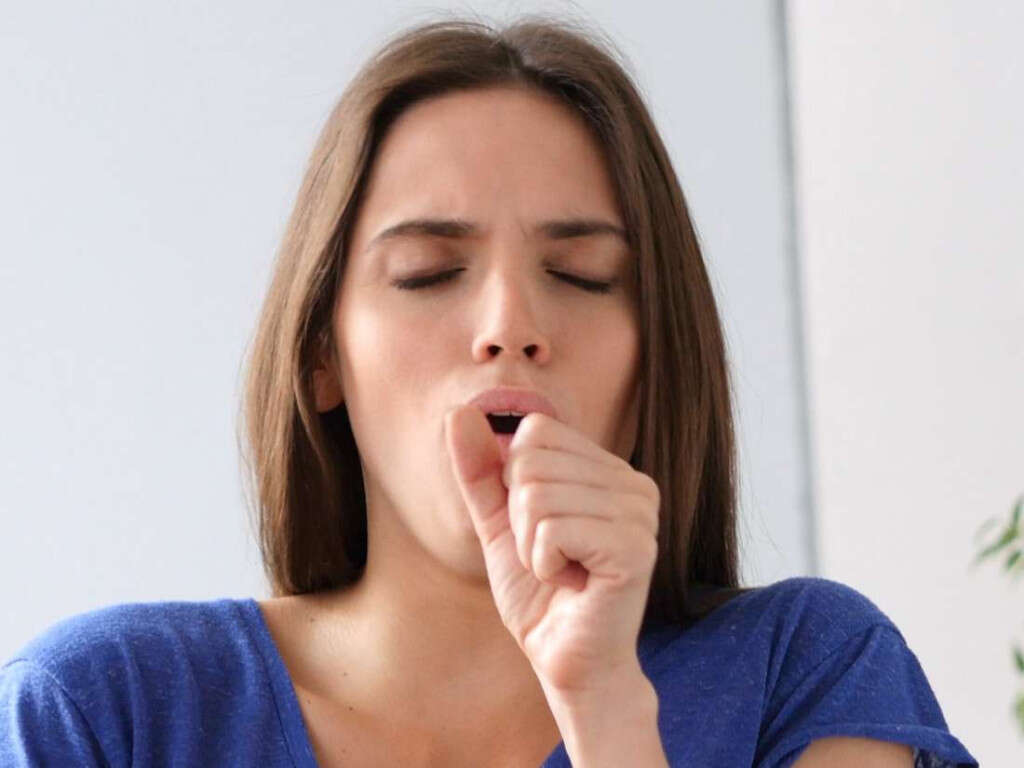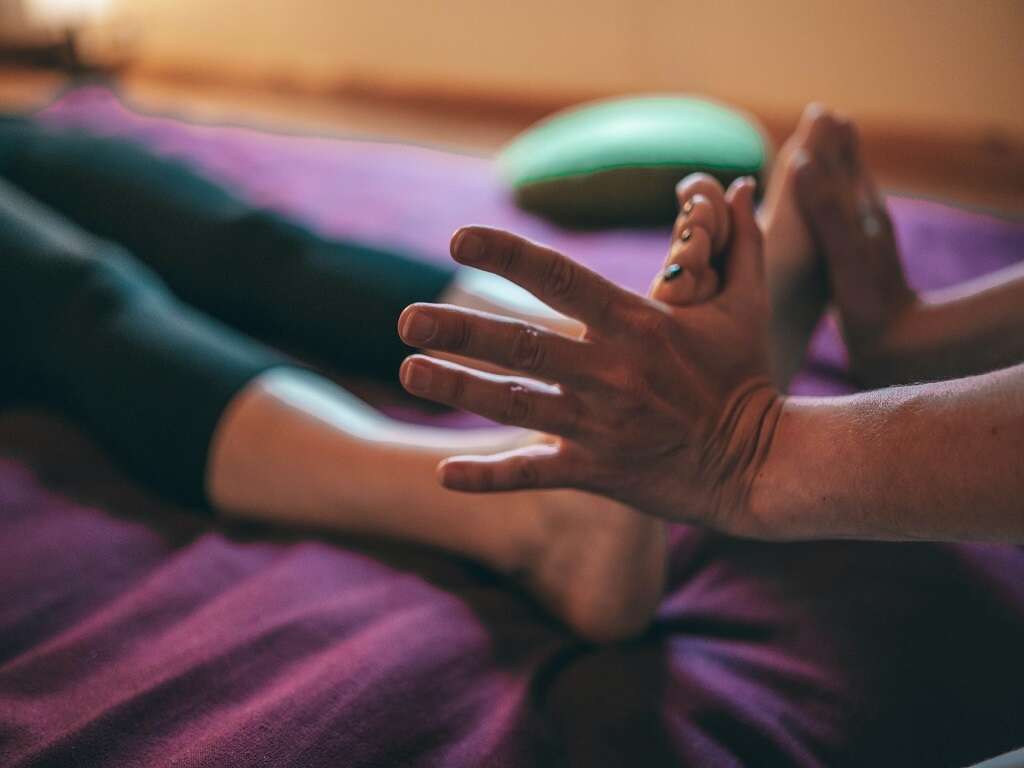10 Biliary Colic Symptoms
 Article Sources
Article Sources
- 1. Sigmon, David F., et al. 'Biliary Colic - StatPearls - NCBI Bookshelf.' National Center for Biotechnology Information, 20 Nov. 2020, www.ncbi.nlm.nih.gov/books/NBK430772/
- 2. 'Gallstones Symptoms and Treatment.' NHS Inform - Scottish Health Information You Can Trust | NHS Inform, www.nhsinform.scot/illnesses-and-conditions/stomach-liver-and-gastrointestinal-tract/gallstones
- 3. 'Referred Shoulder Pain.' University of Michigan | Michigan Medicine, www.uofmhealth.org/health-library/aa58029
- 4. 'Diagnosing Biliary Colic and Acute Cholecystitis.' AAFP American Academy of Family Physicians, 15 Sept. 2000, www.aafp.org/afp/2000/0915/p1386.html
- 5. 'Nausea: a Review of Pathophysiology and Therapeutics.' PubMed Central (PMC), www.ncbi.nlm.nih.gov/pmc/articles/PMC4699282/
- 6. 'Biliary Colic and Complications from Gallstones.' Best Practice Advocacy Centre New Zealand, bpac.org.nz/bpj/2014/june/gallstones.aspx
Perspiration
Perspiring, or sweating, is when clear fluids pass through the skin. People may feel warm and clammy when sweating. Biliary colic can cause individuals to sweat more than they normally do. Sweating commonly stops when pain subsides.
There's typically no associated fever with perspiration when it accompanies biliary colic. If a person experiences upper-right abdominal pain with sweating, fever and chills, it may be an indication of a more serious condition called cholecystitis.
Advertisement











